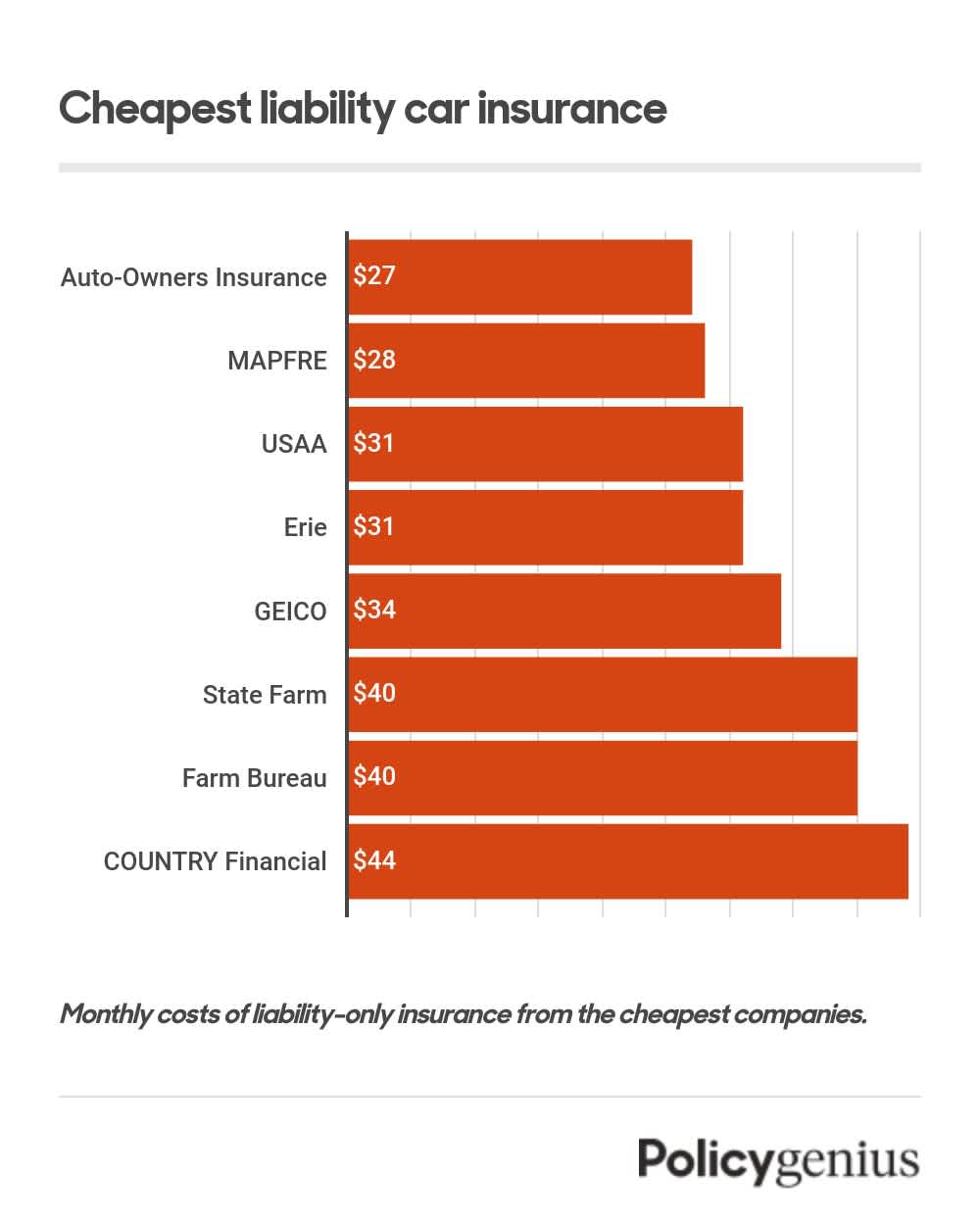Finding ways to save expenses is frequently a concern, especially when it comes to necessary expenses including auto insurance. Auto insurance is not only a mandatory obligation in many places, but it also provides essential protection for you and the vehicle. Yet, the costs can quickly increase, leaving many drivers seeking effective methods to reduce their premiums without losing coverage.
Thankfully, there are multiple useful tips that can assist you rev up your financial benefits on vehicle insurance. From comparing for more competitive rates to leveraging discounts, making wise choices can lead to substantial savings. In this guide, we will discuss various methods you can use to confirm you are not spending excessively for your vehicle insurance, enabling you to save additional cash in your pocket while still enjoying the security that comes with having adequate coverage. ## Comprehending Vehicle Auto Insurance Pricing
Car insurance rates are set by a range of elements that can considerably impact the amount you pay. Insurance providers consider personal factors such as your how old you are, gender, and driving background. For example, drivers under a certain age or those with a record of incidents or violations may experience increased costs due to the perceived hazard. Additionally, the classification of vehicle you operate plays a critical role; fast cars typically come with increased insurance rates.
An additional key consideration in calculating your auto insurance rates is your residence. Urban areas with greater traffic congestion typically lead to greater rates, as the chance of accidents is more prevalent. In comparison, countryside locations may have reduced rates due to decreased incident rates. Additional area-specific factors, including theft rates and weather patterns, can also influence your overall premium amount.
Finally, the insurance choices you opt for and your selected amount to pay out of pocket can considerably influence your insurance premiums. Maximal coverage, which includes a wider range of benefits, will likely cost greater than a minimal policy. Moreover, opting for a greater deductible can reduce your periodic premium, but it also means you'll spend more out of pocket in the event of a claim. Comprehending these elements can help you reach educated choices about your vehicle insurance to in the end lower your payments.

Suggestions to Lower Your Insurance Costs
One proven way to reduce your car insurance rates is to compare prices and contrast quotes from multiple providers. Various insurance companies have different rates and discounts, so it is advantageous to take the time to investigate and find the optimal deal. Make use of online comparison tools or work with an insurance agent who can help you through your options and ensure you are obtaining the most suitable coverage for your financial situation.
Another strategy is to enhance your deductible. By selecting a greater deductible, you can significantly reduce your monthly premium. However, it is crucial to ensure that you can comfortably afford the deductible in the event of a claim. Balancing Car insurance quotes with your financial situation can lead to lower expenses while still providing you with sufficient protection.
Finally, consider taking advantage of available discounts. Numerous insurers offer discounts for multiple reasons, such as maintaining a good driving record, bundling multiple policies, or being a participant of certain organizations. Engaging with your insurance provider to inquire about all possible discounts can help you take full advantage of savings opportunities, making your auto insurance more cost-effective.
Reviewing Coverage Choices
When considering car insurance, it's important to evaluate the insurance choices available to you. Start by understanding the different types of coverage, including liability, collision, and comprehensive insurance. Liability coverage is usually required by law and covers you if you're at fault in an accident. Collision coverage assists pay for loss to your car after an accident, while comprehensive coverage safeguards against non-collision incidents including theft or natural disasters.
Then, evaluate your personal needs and driving habits. If you have an older vehicle, you may want to rethink whether collision and comprehensive coverage are essential, as the premiums may outweigh the car's value. Conversely, if you drive often or have a new car, higher coverage limits could provide reassurance. Additionally, reflect on your financial situation and what you can afford in terms of deductibles and out-of-pocket expenses in the event of a claim.
Lastly, always compare quotes from multiple providers when evaluating coverage choices. Rates can vary significantly between insurance companies, and discounts may be available based on factors including good driving records or bundling policies. Taking the time to shop around ensures you find the best policy that fulfills your coverage needs while assisting you cut on costs.
